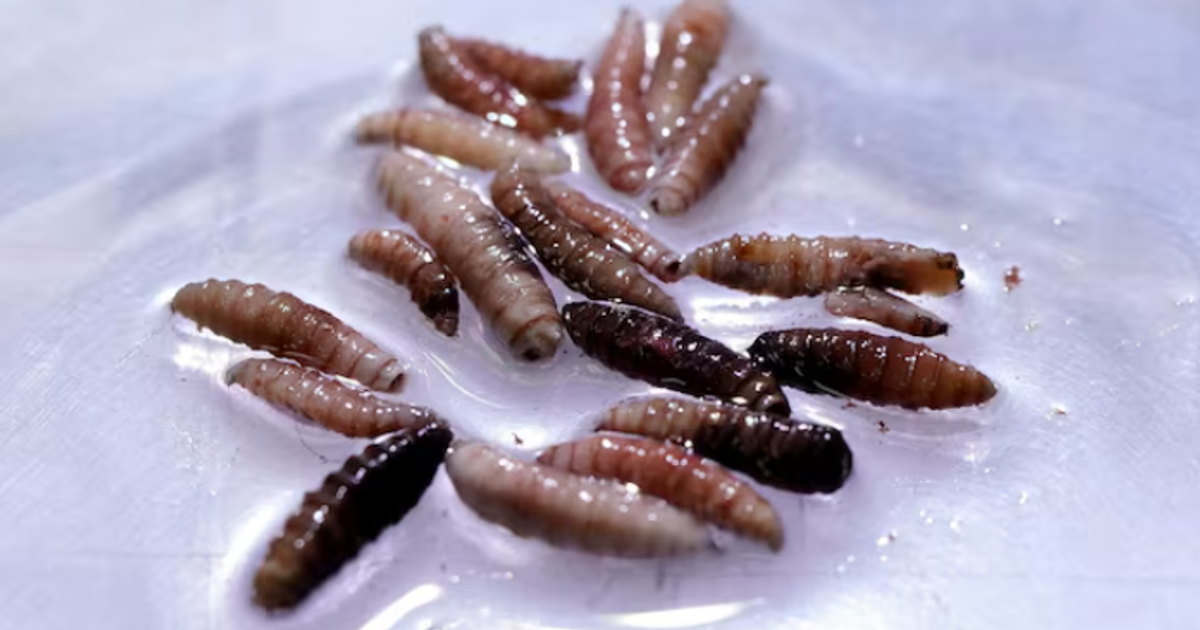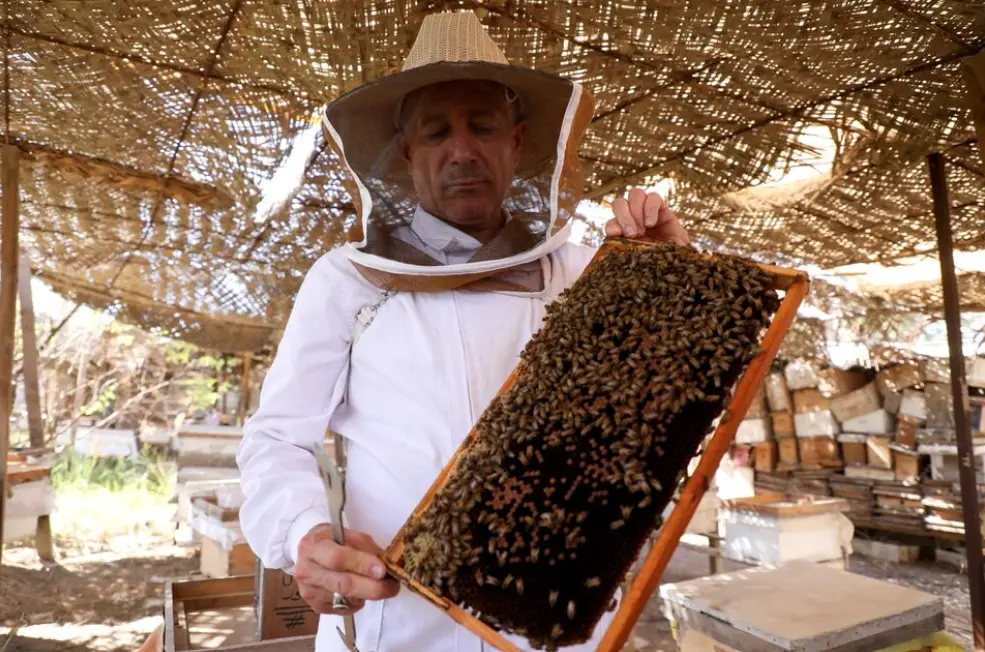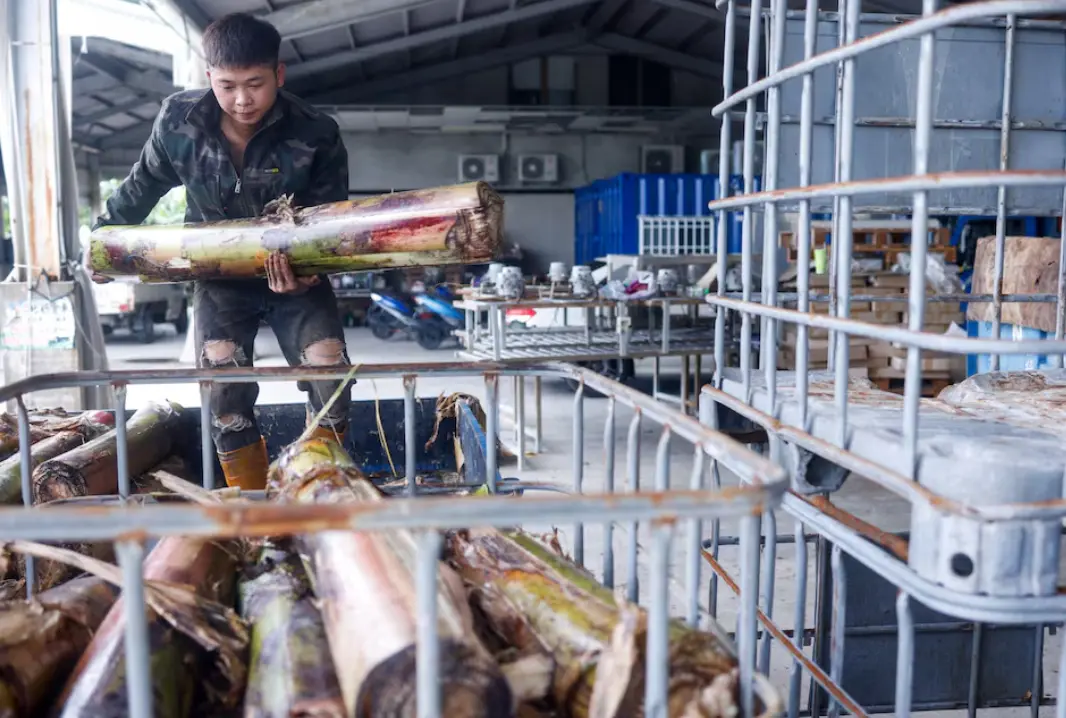
Mexico Containment Efforts Stop Screwworm Outbreak Near U.S. Border

GeokHub
Contributing Writer
Mexico City, September 2025 — Mexican authorities announced that a recent screwworm outbreak reported near the U.S. border has been successfully contained, with no evidence of the destructive parasite detected in northern states.
Outbreak Contained
The screwworm, a parasitic fly that poses a severe threat to livestock and wildlife, had sparked concern after cases were identified in areas close to the border region. Mexico’s agriculture ministry confirmed that swift containment measures — including quarantine zones, inspections, and monitoring campaigns — prevented the spread of the flies northward.
Officials noted that surveillance teams conducted extensive field checks and found no screwworm flies in the northern states, easing fears of potential cross-border transmission.
What is the Screwworm?
The screwworm fly lays its eggs in open wounds of animals and humans, where larvae feed on living tissue. Left untreated, infestations can lead to serious health risks, livestock losses, and heavy economic costs. The species was eradicated from Mexico in the 1990s after a decades-long campaign, but sporadic reintroductions have occurred in recent years.
Economic and Agricultural Concerns
Livestock farming is a critical sector in both Mexico and the United States. A full-scale outbreak would have had devastating economic impacts, including heavy losses for cattle ranchers and restrictions on animal movement. By quickly containing the latest case, Mexico avoided the risk of trade disruptions and protected rural livelihoods.
Cross-Border Cooperation
Authorities said they are working closely with U.S. agencies to maintain surveillance and ensure rapid response in case of new detections. Joint monitoring programs along the border remain active, underscoring the importance of binational cooperation on agricultural health.
Why It Matters
The containment of the screwworm highlights the importance of vigilance in animal health systems. For Mexico, keeping northern states free of infestation not only safeguards food supply chains but also protects the country’s trade reputation with international partners.


































